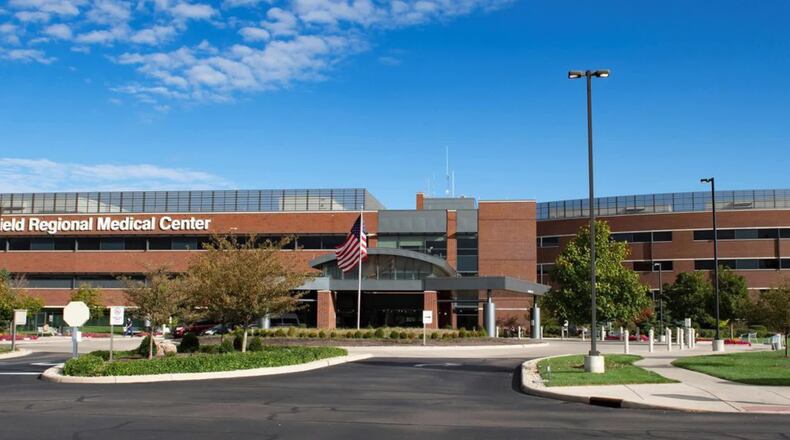Interventional neurology use catheters and radiology to diagnose and treat various conditions that impact the central nervous system, such as strokes.
Someone in America suffers a stroke about every 40 seconds. It’s a leading cause of death and serious long-term disability in Clark County, Ohio and beyond.
Strokes are typically caused by an interruption of blood flow to the brain. Many times, the treatment involves a drug to break up the clot and restore blood flow. Neurointerventional radiology in some cases is used to assist in restoring brain function, according to the hospital.
With this new program, local healthcare providers will be able to use tools that pass through the blood vessels. Physicians can also use advanced radiology imaging and 3D technology to help them see and treat areas within the body through minimally invasive procedures, rather than using open surgery.
Diagnostics like cerebral angiograms will be available to show how blood is flowing in the patient’s neck and brain vessels to determine if they are diseased, narrowed, enlarged or blocked.
Using a catheter, an interventional neurologist can also stop a ruptured aneurysm from continuing to bleed or remove clots manually to restore blood flow and brain function immediately, according to a Mercy Health press release.
As part of this service line expansion, Mercy Health will welcome Dr. Jody Short and nurse practitioners Michelle Caesar and Erin Jordan, the hospital said.
The new team of providers will be headed up by Short, a graduate of the College of Osteopathic Medicine of the Pacific at the Western University of Health Sciences. He has been practicing medicine for more than two decades.
Meanwhile, Caesar, APRN-CNP, is a nurse practitioner with 25 years of health care experience who specializes in vascular neurology. Rounding out the team is Jordan, APRN-CNP, a family nurse practitioner with more than 15 years of experience in vascular neurology, neuro intervention, urgent care, intensive-care, neuro-critical care, and neuroscience, according to the hospital.
“Saving a person’s life is ultimately the most rewarding. It is also so rewarding to be a part of a patient’s progression following a stroke to help them heal and overcome disability and prevent future strokes,” said Caesar.
About the Author


